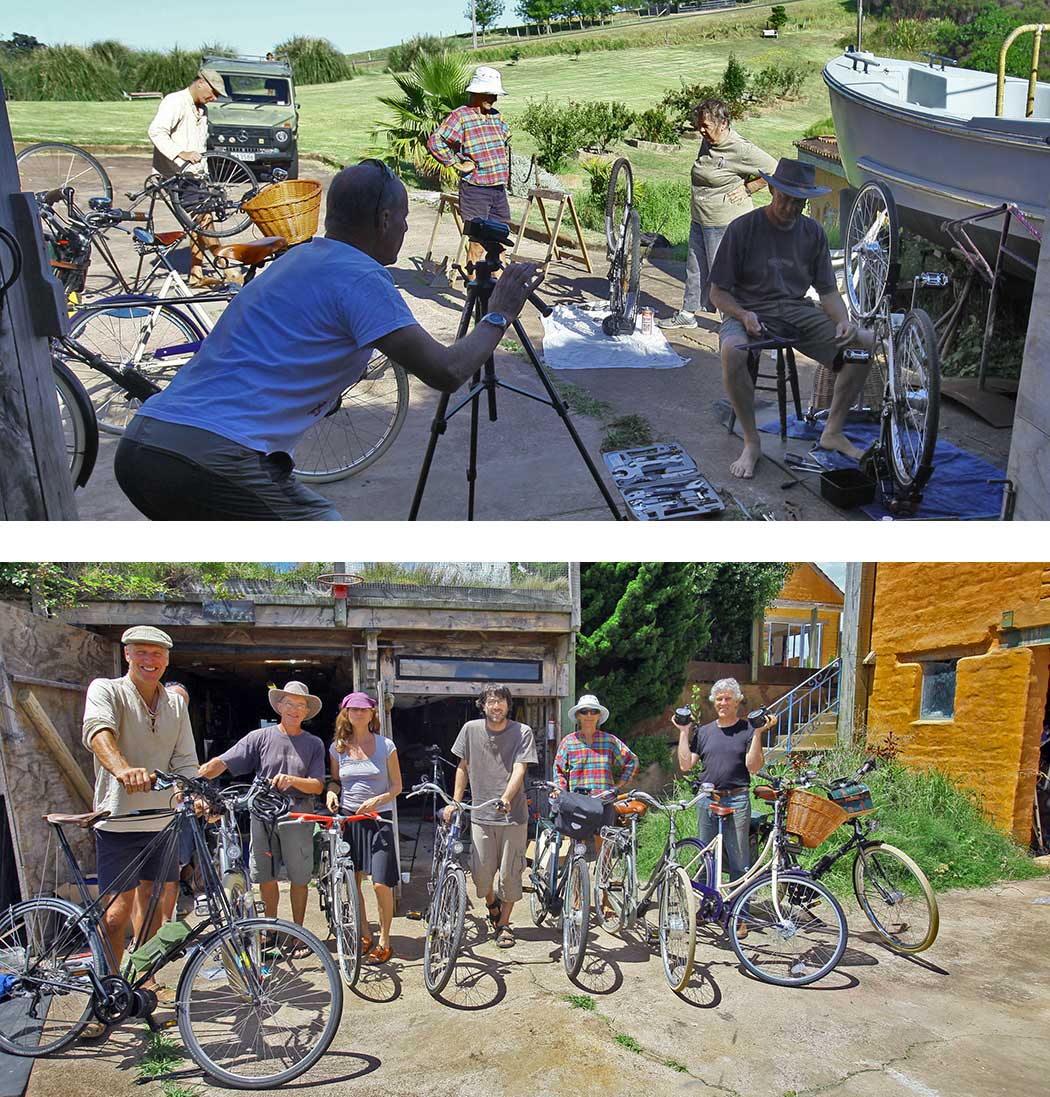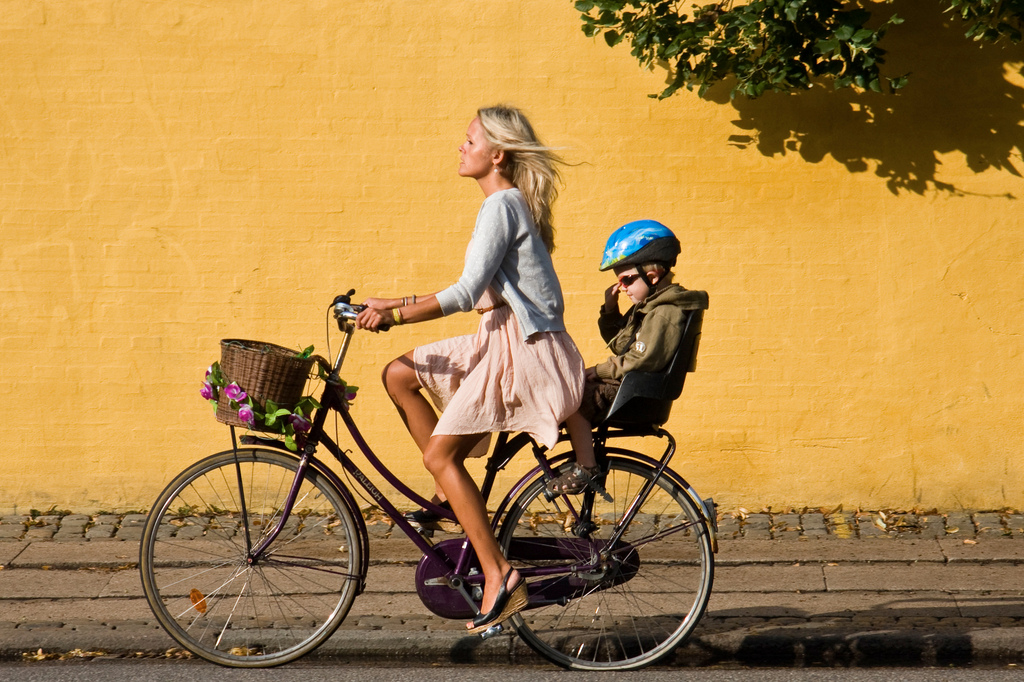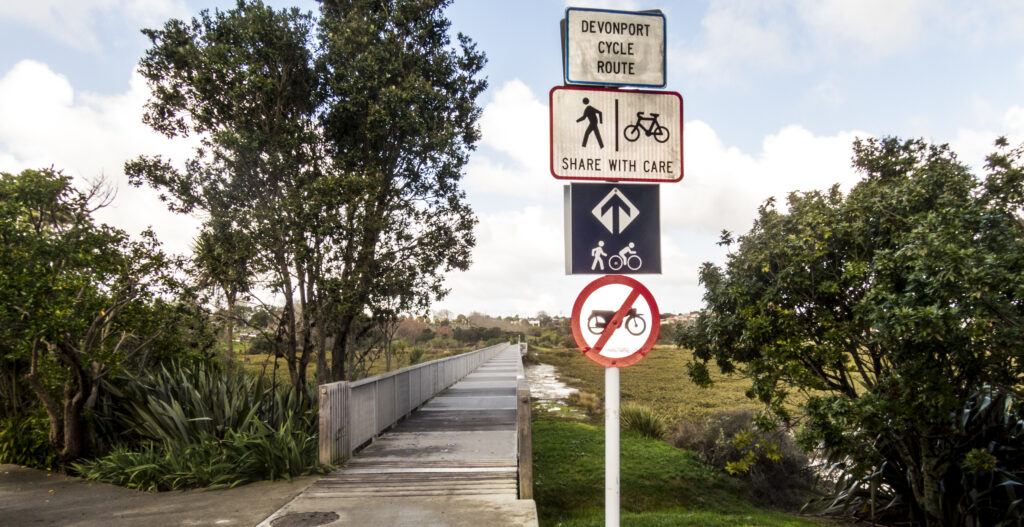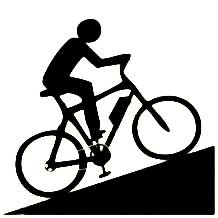Slowcycles is an education and advocacy project for ebike transport. Why the name? Because unlike road racing and mountain biking, cycling in the cities, towns and countryside is not about speed, but enjoyment. Slow down, see the sights. Enjoy.
It began in 2011 when ebike motors out of China moved from poor to high quality. The shift in technology was driven by Bafang, a large-volume motor maker in Suzhou that upped its design, and EB3EMV, a battery maker owned by an Englishman in Shanghai known on ebike forums as a reliable, innovative and affordable supplier.
At that time, slowcycles.com was started by the Renaissance Aotearoa Foundation to promote ebikes. It served as an educator and organiser.
When the team visited China in January 2013, Bafang invited them to try the very first prototype of the BBS-01 mid-mount motor. It was the great leap forward. Quiet, built-in controller, uses the bicycle’s gears and easy to install on any bicycle, Slowcycles asked to test it out and in March was sent motor serial № 17.
After 6 months of testing, Slowcycles organised a buying group on Waiheke Island and ordered 27 motors and batteries. When they arrived in February 2014, suddenly there were a new type of ebike being ridden on Waiheke. All sorts of pedal bikes converted to kit-ebikes.

Dealers took notice and the ebike revolution on Waiheke began. Waiheke’s pioneering dealer, Bikes and Beyond expanded, opening stores throughout North and South Islands. Competition popped up, to the point where the original purpose of Slowcycles became obsolete. The private sector now knows about ebikes, with plenty of information available in stores and online
However, while the motors and batteries were a game changer, the bicycle frames and components were not. Big-box-store kids bikes, and specialty road racing or mountain bikes, are not the best option for adults wanting a comfortable machine to get around.
That took SlowCycles to Europe – in search of a great bicycle.
Europe never lost their two-century tradition of bicycles as urban and countryside transport and they make more suitable machines. Their bicycle frames are designed for comfort on roads, using spring steel that lasted for decades. They were made to ride sitting upright, to enjoy the experience.

What began as a bicycle search became a revelation as SlowCycles discovered EuroVelo, the 90,000 km of dedicated cycle highways that crisscross Europe.
When ebikes became established in NZ, SlowCycles reinvented its role. The problem now is not the machine, it is the route. It’s awful cycle roads and lanes.
As PM, John Key came up with a great idea to create a national cycle trail, but its implementation was by bureaucrats, not cyclists. In the EU, the European Cyclists’ Federation promoted EuroVelo and its design goals and principles from the beginning. Cyclists understand cycle road design better than bureaucrats.
Rather than reinvent the wheel, Slowcycles calls on cyclists and officials to learn from EU best practice. NZ does not have a 50-year head start like Europe does because NZ is a hilly country. But ebikes change the equation. It’s a new form of transport. Build the right roads for it.
Auckland Transport, for example, can do it right. Devonport Cycle Route has some excellent links, especially the one crossing wetlands, far from the arterial road.


But this is the exception, not the norm. NZ needs to lift its standards, to learn best practice and follow it.